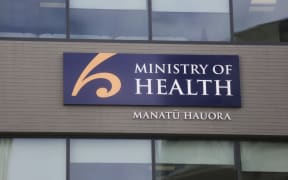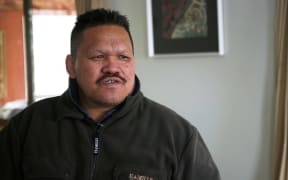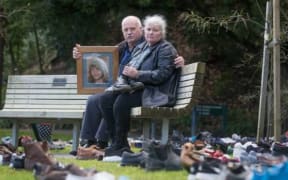The public will learn the findings of the much-awaited mental health inquiry for the first time later today.
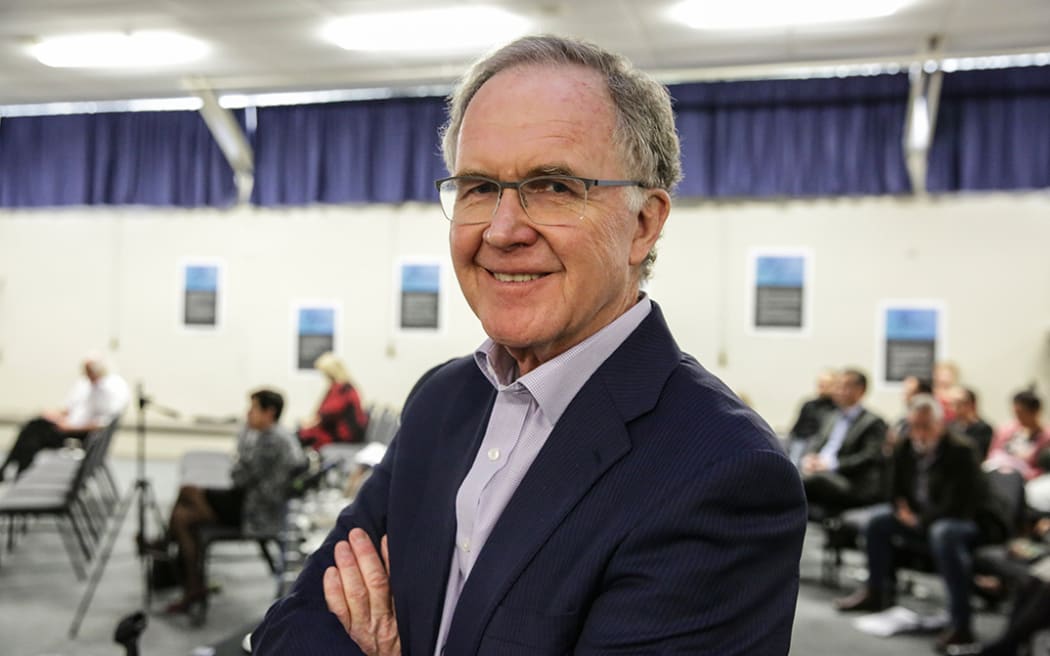
The inquiry has been led by Ron Paterson. Photo: RNZ / Richard Tindiller
The panel, led by the former health watchdog Ron Paterson, has spent roughly 10 months consulting people around the country, holding more than 400 meetings and considering about 5000 submissions.
It delivered a 200-page report and 40 recommendations to Health Minister David Clark last week.
The government will release the report today, but will not formally respond with its plan until March. Dr Clark has said the inquiry will shape the country's response to mental health for years to come.
Jane Stevens, whose son, Nicky, killed himself while he was staying at a Hamilton mental health unit, said the government has a responsibility to use the report as an opportunity to turn the mental health system on its head in this country.
She made a submission to the inquiry and spoke to the panel as part of the Bereaved Whānau Network.
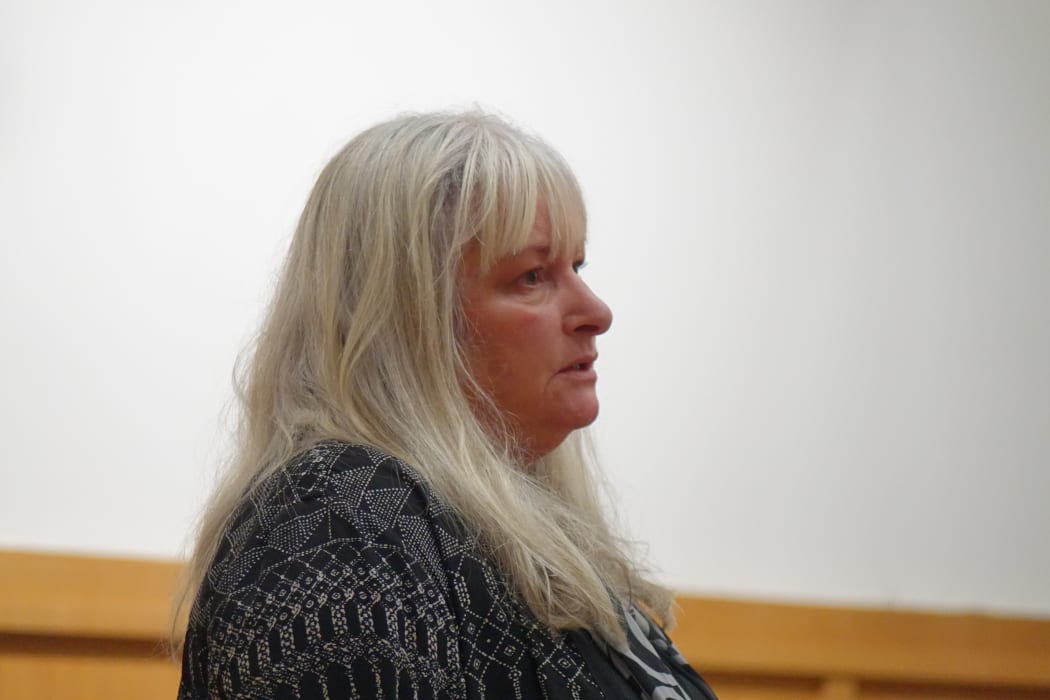
Jane Stevens believes her son, Nicky, died because of the archaic attitude to mental health in New Zealand. Photo: RNZ
She told Morning Report that it was time to focus on the causes of mental illness and New Zealand's appalling suicide statistics. Her priorities included fully funded mental health services and new leadership in place of "the same old bureaucrats doing a new paint job".
She said the challenges for the government were complex and wide-ranging but there needed to be "an absolute commitment' to a zero suicide rate as well as other comprehensive reforms.
"Our son is one of many young people who have died because of the underfunding and archaic responses to mental health in this country," Ms Stevens said.
She said there was a hard attitude and a stigma surrounding mental health in New Zealand. There needed to be a return to the basics - building resilient, strong communities with strong families.
Some of the issues affecting mental health were starting to be talked about - bullying, poverty, unemployment, the impact of colonisation, homelessness - all of which were contributing to the lack of hope that a lot of young people were feeling.
She said it was difficult for people to access mental health services and by the time they were seen it was often too late. There needed to be a bi-cultural and collaborative approach to the delivery of services and there would need to be some "big risks" taken on how things were done.
She does not believe the district health board managers and Ministry of Health staff who have been working in the field for years should remain.
"I don't have a lot of faith in the current leadership that we have... I don't know they have the ability to think laterally and big picture enough to look at the changes we need."
Where to get help:
Need to Talk? Free call or text 1737 any time to speak to a trained counsellor, for any reason.
Lifeline: 0800 543 354
Suicide Crisis Helpline: 0508 828 865 / 0508 TAUTOKO (24/7). This is a service for people who may be thinking about suicide, or those who are concerned about family or friends.
Depression Helpline: 0800 111 757 (24/7)
Samaritans: 0800 726 666 (24/7)
Youthline: 0800 376 633 (24/7) or free text 234 (8am-12am), or email talk@youthline.co.nz
What's Up: online chat (7pm-10pm) or 0800 WHATSUP / 0800 9428 787 children's helpline (1pm-10pm weekdays, 3pm-10pm weekends)
Kidsline (ages 5-18): 0800 543 754 (24/7)
Rural Support Trust Helpline: 0800 787 254
Healthline: 0800 611 116
Rainbow Youth: (09) 376 4155
If it is an emergency and you feel like you or someone else is at risk, call 111.
